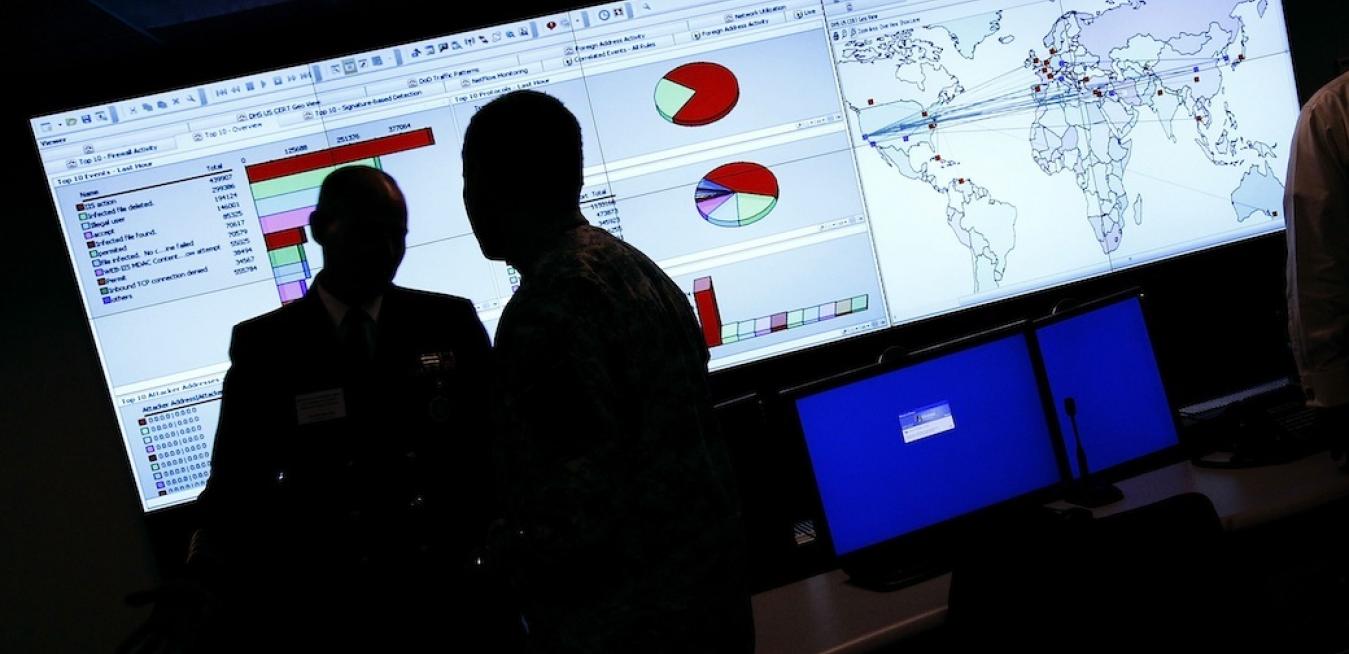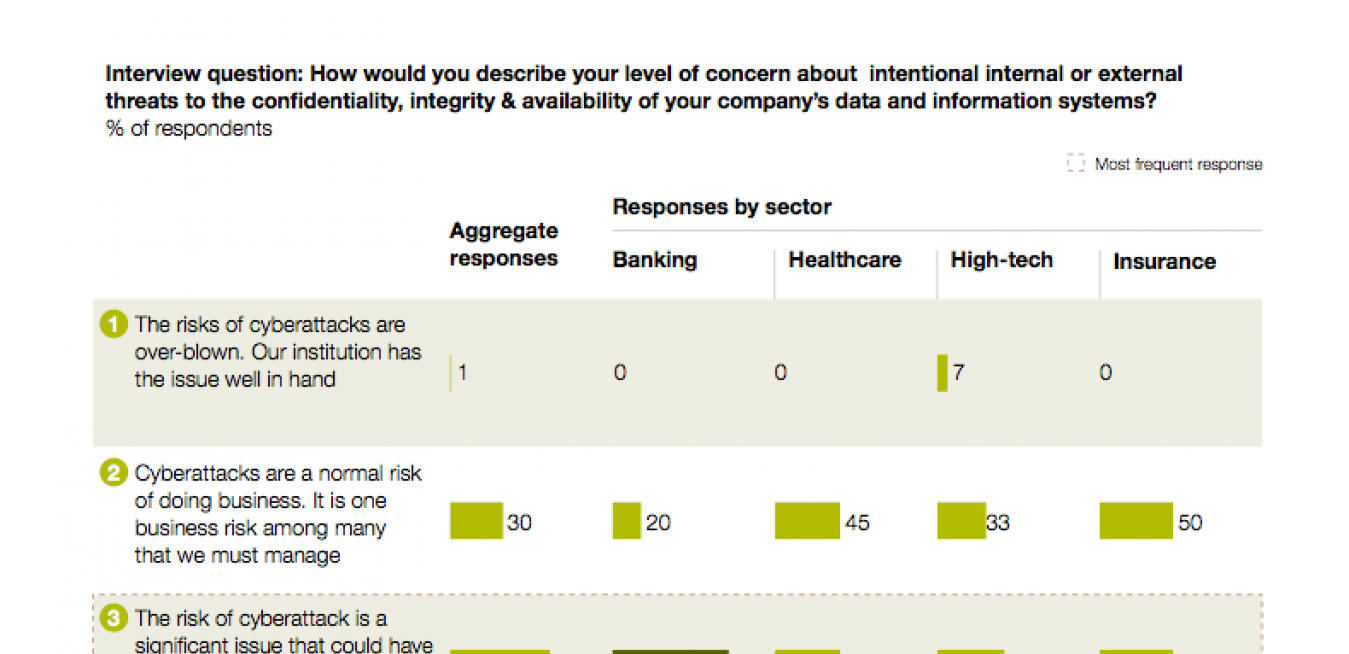As part of a regular series featuring content from BRINK, Tom Jacob and Karen Shellenback of Mercer discuss the need for companies to invest in cybersecurity talent to maintain competitiveness.
Five forces are shaping political risks, from climate change to conflict. Here’s what to look out for.
We see patterns everywhere — in nature, in physics and in the world we’ve created — economic booms and recessions; market spikes and crashes; social stability and revolution. But I’ve never accepted George Santayana when he said, Those who cannot remember the past are condemned to repeat it.” Recognizing patterns is one thing. Thinking they’re repeating themselves, that’s something else entirely.Intellectual property (IP) — that covered by patents, trademarks, copyrights and harder-to-protect trade secrets — is now worth as much as 75 percent of the total value of major companies. But while the importance of these assets has grown, many businesses lag in their efforts to protect IP.
Categories
Saurabh Amin builds resiliency in essential infrastructure networks for transportation, energy and water distribution.
Security of IT networks is continually being improved to protect against malicious hackers. Yet when IT networks interface with infrastructures such as water and electric systems to provide monitoring and control capabilities, they often introduce new vulnerabilities that increase the risks of service disruptions.As the world’s markets rapidly evolve into complex hybrids of physical and digital assets, cyber security is increasingly critical as a stabilizing force. It is no longer an esoteric art practiced mainly by rival intelligence agencies and giant corporations — it has become a basic necessity of everyday life for any business.
After leaving Geometric, the employee was caught trying to sell the software code to SolidWorks’ competitors. Because Indian law does not recognize the misappropriation of trade secrets, it was not possible to sue the individual. Since the source code belonged to SolidWorks — not Geometric — he technically had not stolen from his employer.














